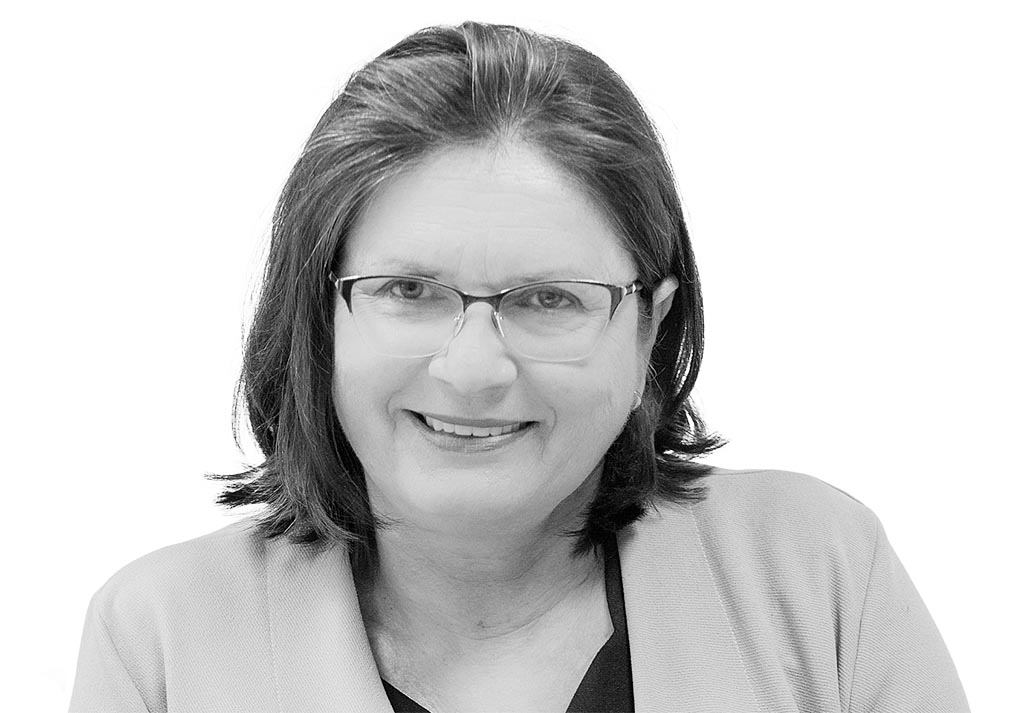By: dr. Andreja Valič Zver, historian
Iran has been one of the central geostrategic problems in recent decades. Let me remind you of the saga of the nuclear programme when the European powers did not play a correct role. Moreover, they abandoned their ally the United States, which then infamously withdrew from the region. As a result, Iran became a de facto nuclear power. It also has medium-range missiles that threaten even European capitals.
Iran’s Revolutionary Guard trades arms freely (they even sell drones to the Russians in the current war). Iran has greatly strengthened its espionage network in Europe, launders money for its “business”, tortures and kills opponents of the current regime. Nothing but a nice ID card of a country that was once one of the oldest and most famous civilisations on earth. It has become just one more pillar of the “axis of evil”, to use Bush’s term, recreating its threatening influence from the south. The latter, from the east, is already felt on a daily basis. In these conditions, Europe is more vulnerable than ever.
Do you still remember George Floyd? In May 2020, Floyd, who already had a police record, died in Minneapolis after a brutal police arrest. Footage of this act shook the world. The media and social networks poured out information and comments, and the “Black Lives Matter” movement took kneeling in memory of Floyd’s death to sports fields and other venues around the world. Anyone who did not kneel was, of course, a “fascist”, “racist” and any number of similar nicknames that the left around the world uses for people who are “not ours”.
Well, with the murder of Mahsa Amini, who went shopping in Tehran a few weeks ago and, according to the special “moral” police, violated the law on wearing a headscarf, the world is much less united. And much less upset. According to available information, the young, twenty-two-year-old girl was beaten by the police with sticks, and a police van allegedly drove over her head. She died a few days later in the hospital after a few days of coma. Her relatives could barely prevent her from being buried in secret, like an animal without a name.
In the protests that broke out after this bloody act all over Iran (in 140 cities in all 31 provinces, at 16 universities), several hundred people, mostly young people, died. 10,000 were arrested. The Iranian regime has proven once again that it is ruthless. Ever since 1979, when an extreme Islamist regime led by Khomeini took power, Iran has been moving with all its might back to the darkest totalitarian times. But look at the devil, a few days ago, Iranian President Raisi squatted unhindered at the annual UN session in New York, despite the protests. Even French President Emmanuel Macron accepted him, probably thinking that it would be better for France, as he would meet Europe’s energy needs in the winter. But the fact is that Macron shook the hand of a murderer who was involved in the massacre of more than 30,000 people who were murdered by the Iranian regime in 1988.
You might say, what do we care about Iran? But the world is connected much more than we think with the daily crosses and problems of the Slovenian – especially political – space. The Iranian story, which was carried over to Slovenia years ago by laundering dirty money, was never properly explained, and resolved. There was not enough political will. But let’s ask ourselves, what is the use of “favourable” articles in our dominant media about the perhaps “voluntary” wearing of headscarves by Slovenian Muslim women? What is the use of the propaganda of a woman from Jesenice, who supposedly changed her name and is now demanding “freedom” in the front ranks? Whose freedom? As far as we know, not the freedom of the millions of Iranian women who take off their headscarves and cut their hair as a sign of liberation from the ideological tyranny of a criminal regime.
Despite the brutal violence, over the course of four decades the resistance grew stronger, and as we have seen in recent days, the ruling regime was shaken. Today, the Free Iran movement has recognised international legitimacy, a democratic structure, a programme with the famous 10 points and an excellent leader, Meriam Radjavi, who fills people with hope that Iranians will also be able to breathe freely and democratically. The international community cannot give them this, but it has a moral duty to help them. The European Parliament has already taken a lot of steps in this direction, as has the Slovenian government during its presidency of the alliance. But all this is still not enough. It is time for a more decisive message to Vladimir Putin and Ebrahim Raisi that there is no more room in the 21st century for brutal violations of human rights, violence, and the killing of people.
P.S. This week, on the side-lines of the European Commission’s statement, the European Parliament discussed the death of Mahsa Amini and the repression of women’s rights protesters in Iran. With a large majority, it condemned the violence of the Iranian regime.
